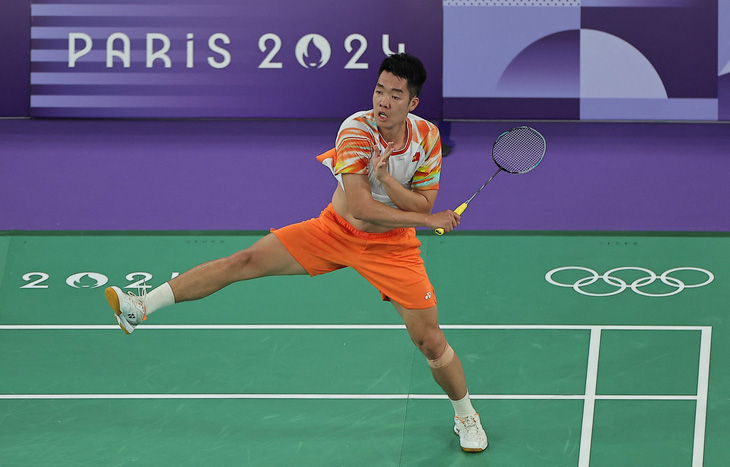While the world tunes in to the 2024 Olympics, with the games running until August 11, two countries in Southeast Asia, Laos and Vietnam, have been left without broadcasting rights.
Their absence is notable, especially when the remaining nine countries in the region secured the rights, even if it was at the eleventh hour for some.
Malaysia, for instance, obtained its broadcasting rights in May, Singapore in early July, and Thailand just in time for the opening ceremony.
A Costly Affair
The rising cost of television rights, fueled by the commercialization of sports, is a significant challenge. A Vietnamese TV station representative explained to Tuoi Tre that negotiating television rights is fraught with financial hurdles, made worse by ineffective exploitation and unsold advertising.
The high costs are difficult to recoup, even for popular tournaments like the UEFA Euro Championship and FIFA World Cup, let alone the Olympics, which garners relatively less interest.
This sentiment was echoed by an executive from another TV station, who lamented the prohibitive cost of the Olympic broadcasting rights. While media companies desire these rights, the exorbitant price tag presents the biggest obstacle.
The executive further elaborated that the peak competition times for the Paris Olympics fall during late nights and early mornings in Vietnam, reducing viewership compared to more favorable timings for events like the Euro or World Cup.
The financial risk is significant, with no clear revenue stream to offset the high costs. As there is no state budget for purchasing rights to sporting events, the potential losses loom large without a corresponding profit.
Copyright infringement is also rampant in Vietnam, adding to the concerns of already hesitant broadcasters. The risk of substantial losses due to uncontrollable piracy further dissuades potential buyers.
A representative from a sports copyright firm underscored this, citing the high price and the need for a skilled production team to manage the complex, large-scale event as reasons for their decision not to acquire the rights.
|
|
| Vietnamese athlete Le Duc Phat represents the country in badminton at the Paris 2024 Olympics. Photo: Reuters |
A Missed Opportunity?
While some may view the absence of broadcasting rights as a missed opportunity, others feel it is not a significant loss. Nguyen Van Quan, a 36-year-old office worker, expressed a slight regret, tinged with national pride, but acknowledged that the 2024 Olympics are beyond the reach of Vietnamese sports.
Tran Ngoc Thanh Minh, a middle school teacher, shared a similar sentiment, understanding the hesitation of TV stations to acquire the rights. He emphasized the need for a solution to ensure access to future Olympic Games broadcasts.
In contrast, Thailand managed to secure the rights, with half of the US$11.2 million in royalties covered by the National Broadcasting and Telecommunication Commission and the other half funded by the National Sports Development Fund with business support.
As a result, six broadcasters in Thailand are bringing the excitement of the Paris 2024 Olympics to their viewers.
Vietnam, on the other hand, has a delegation of 16 athletes competing in the Paris 2024 Olympic Games across various sports. However, with the recent defeats of two key medal hopefuls, the chances of bringing home a medal have diminished.
Painting contest held for buffaloes joining ploughing festival in Ha Nam
A buffalo painting contest for the Doi Son Tich Dien (ploughing) Festivalwas held on February 10, or the sixth day of the Lunar New Year in Doi Son commune, Duy Tien district, the northern province of Ha Nam.










